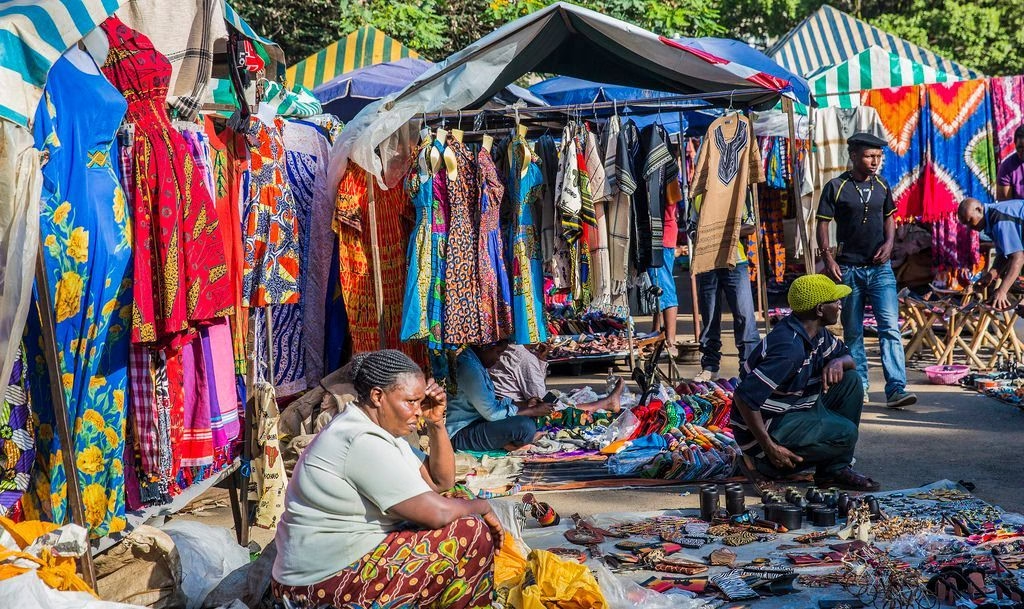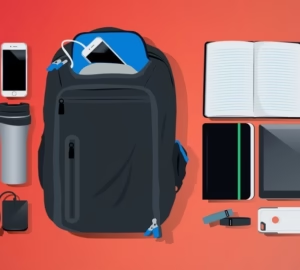Nairobi, a city of vibrant energy and diverse cultures, is also a haven for savvy shoppers seeking value and unique finds. Among its most bustling arteries are the second-hand markets, vibrant hubs where pre-loved items get a new lease on life. More than just places to buy cheap goods, these markets are a reflection of Nairobi’s dynamic spirit, offering everything from fashion and electronics to household items and furniture, all while promoting sustainability and supporting local livelihoods.
At Retail Place, we believe in smart choices and uncovering hidden gems. This comprehensive guide will take you through the exciting world of Nairobi’s second-hand markets, detailing where to go, what to expect, and crucial tips for a successful and safe shopping adventure.
The Allure of Nairobi’s Second-Hand Market Scene
For many Kenyans, and increasingly for environmentally conscious shoppers, the second-hand market offers compelling advantages:
- Affordability: The most obvious draw. You can find quality items at a fraction of their original retail price, making it accessible for all budgets.
- Sustainability: Giving pre-owned items a second life reduces waste and lessens the demand for new production, contributing to a greener planet.
- Unique Finds: Discover one-of-a-kind pieces, vintage treasures, and international brands not readily available in regular retail stores.
- Supporting Local Economy: Your purchases directly support countless small-scale traders and vendors, empowering communities.
- Quality & Durability: Many second-hand items, especially clothing (often mitumba from Western countries), are made with higher quality materials and construction than some fast-fashion alternatives.
Key Second-Hand Markets in Nairobi: Where to Find Your Treasures
Nairobi boasts several prominent second-hand markets, each with its own character and specialties:
- Gikomba Market:
- Reputation: The largest and most famous mitumba (second-hand clothes) market in East Africa. It’s an immense, bustling, and often chaotic experience.Specialty: Primarily clothing, shoes, and accessories for all ages and genders. You can also find household items, furniture, and some electronics.Best Time to Visit: Early mornings (even as early as 2 AM for wholesale buyers, or 6-8 AM for retail “first pick”) are best for the freshest bales and highest quality items. Be prepared for crowds and a fast-paced environment.What to Expect: Piles of clothes, strong odors (from bale preservatives), mud (especially after rain), and intense bargaining. Not for the faint of heart, but incredibly rewarding for patient shoppers.
- Toi Market (Kibera/Ngong Road):
- Reputation: More organized and slightly less overwhelming than Gikomba, though still very vibrant. Known for its wide variety and good quality finds.Specialty: Excellent for women’s wear, shoes, bags, and general household items. You’ll find a mix of mitumba and some new items.Best Time to Visit: Weekdays are generally less crowded. Mornings are still ideal for better selection.What to Expect: A maze of stalls, friendly vendors, and good opportunities for bargaining. It’s often praised for offering good value for money.
- Maasai Markets (Rotating Flea Markets):
- Reputation: These are popular open-air markets that rotate locations throughout the week, offering a mix of authentic Kenyan crafts and a growing selection of second-hand goods, especially clothing, jewelry, and accessories.Specialty: While primarily known for artisan products (beadwork, carvings, baskets), many stalls also feature high-quality mitumba clothing, vintage items, and unique accessories.Locations & Days (subject to change, always confirm):
- Tuesday: Westgate Shopping Mall (Upper Level Parking)Wednesday: Capital Centre (Mombasa Road)Thursday: The Junction Mall (Ngong Road) / Garden City Mall (Thika Superhighway)Friday: Village Market (Gigiri)Saturday: Nairobi Court of Appeal Parking Lot (behind Hilton/City Centre) / Adam’s Arcade (Ngong Road)Sunday: Yaya Centre (Argwings Kodhek Road) / Adam’s Arcade (Ngong Road)
- Reputation: These are popular open-air markets that rotate locations throughout the week, offering a mix of authentic Kenyan crafts and a growing selection of second-hand goods, especially clothing, jewelry, and accessories.Specialty: While primarily known for artisan products (beadwork, carvings, baskets), many stalls also feature high-quality mitumba clothing, vintage items, and unique accessories.Locations & Days (subject to change, always confirm):
- Online Second-Hand Marketplaces:
- Reputation: Growing in popularity for convenience and specific item searches. Platforms like Corido Marketplace specialize in pre-owned furniture and electronics, offering vetting processes for quality. General classifieds sites also list individual sellers.Specialty: Furniture (sofas, beds, dining sets), electronics (appliances, phones, computers), decor, and a variety of other household items.What to Expect: Ability to browse from home, clear photos, and often fixed prices or managed negotiation. For larger items, physical inspection is crucial.Security Tip: Always meet in public places for smaller items, and for large items, be cautious when visiting private residences. Use secure payment methods where possible.
Tips for a Successful & Safe Second-Hand Market Experience
- Dress Comfortably & Appropriately: Wear light, practical clothing and closed-toe shoes you don’t mind getting dirty. Avoid flashy jewelry or carrying too many valuables. A cross-body bag or backpack is ideal for security.
- Carry Small Notes (Cash is King): Most vendors prefer cash, and small denominations (KSh 50, 100, 200) make bargaining and transactions smoother.
- Inspect Thoroughly: For clothes, check for stains, tears, holes, missing buttons, and working zippers. For electronics, inquire about functionality and test if possible. For furniture, check for structural integrity and hidden damage.
- Bargain (Haggle) with a Smile: Negotiation is expected and part of the fun. Be polite, friendly, and start with a lower offer. Don’t be afraid to walk away if the price isn’t right; the vendor might call you back with a better deal.
- Hygiene First: Always wash mitumba clothes thoroughly before wearing them. For other items, clean and disinfect them.
- Go with a Friend (Especially for First-Timers): Having a companion can enhance the experience and provide an extra set of eyes for safety and spotting good deals.
- Be Aware of Your Surroundings: Markets can be crowded. Keep your belongings secure and be mindful of pickpockets. Avoid flashing large amounts of cash.
- Don’t Rush: Take your time to sift through items. The best finds often require patience.
- Know Your Needs: Go with a list of what you’re looking for to stay focused, but be open to unexpected treasures.
- Wash Your Hands: Public markets can be dusty. Carry hand sanitizer.
Nairobi’s second-hand markets offer a unique blend of affordability, sustainability, and cultural immersion. Whether you’re a budget-conscious student, a fashion enthusiast seeking unique pieces, or simply someone who appreciates a good deal, diving into this vibrant market scene is an experience every Nairobi resident should try. Embrace the hunt, hone your bargaining skills, and you might just discover your next cherished possession.










1 Comment